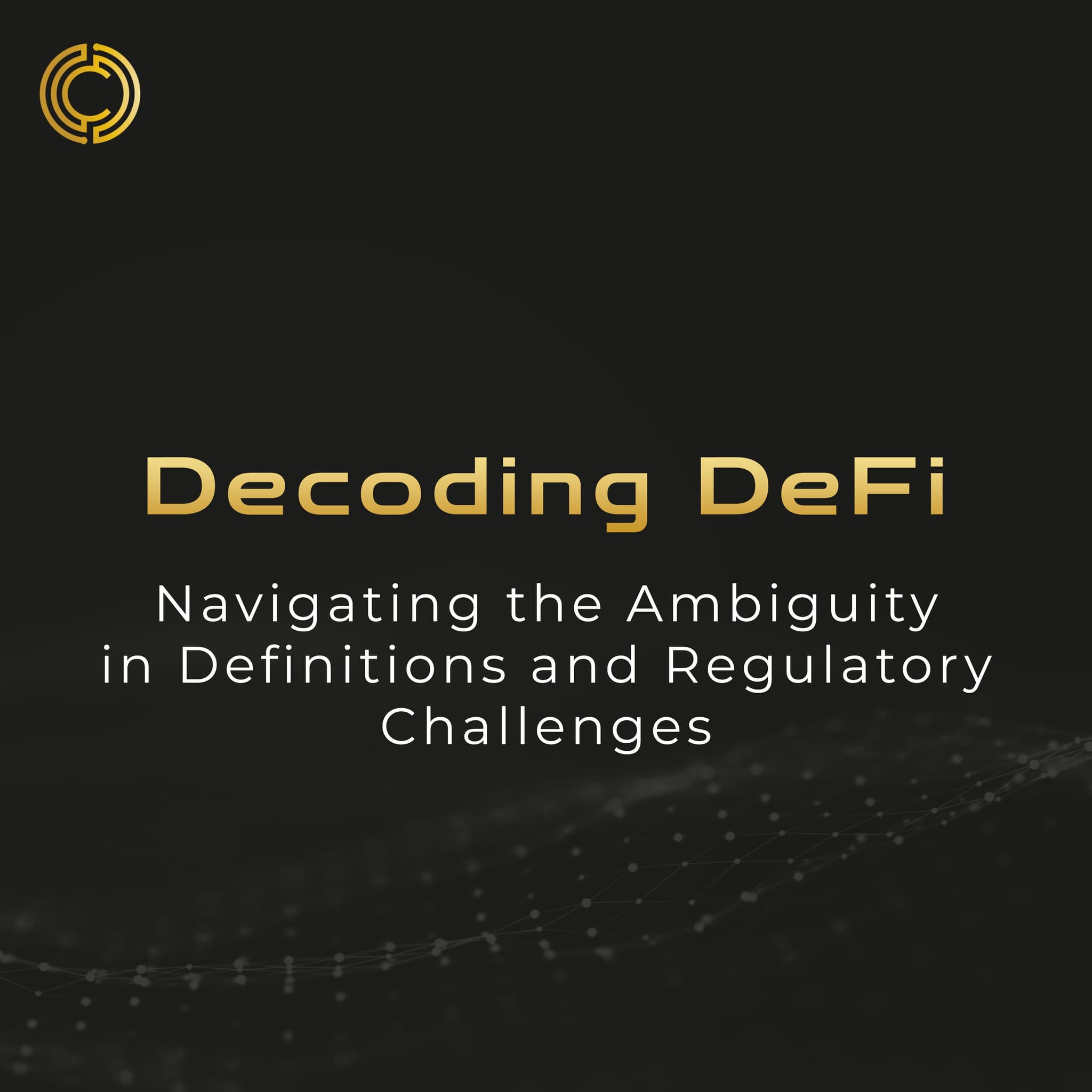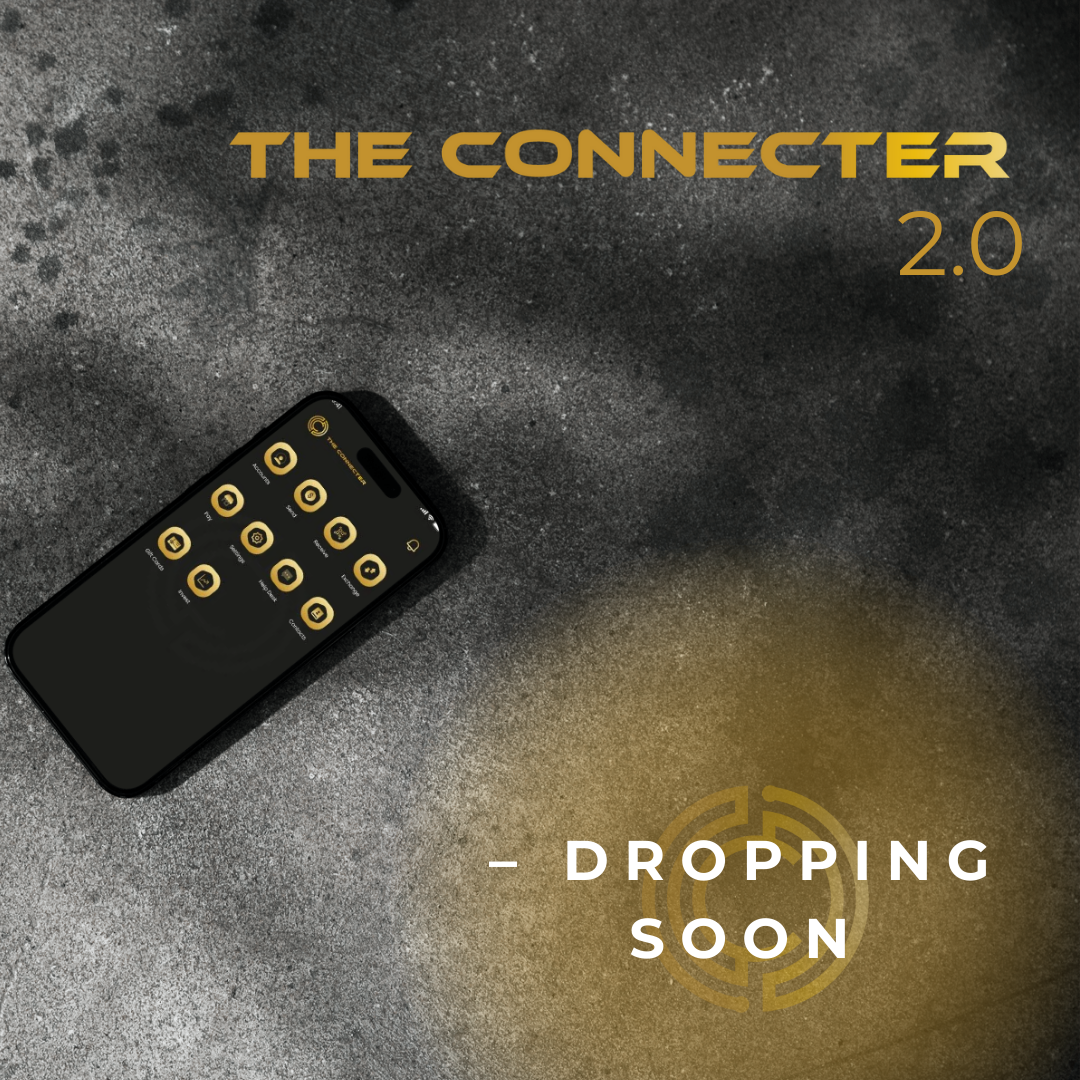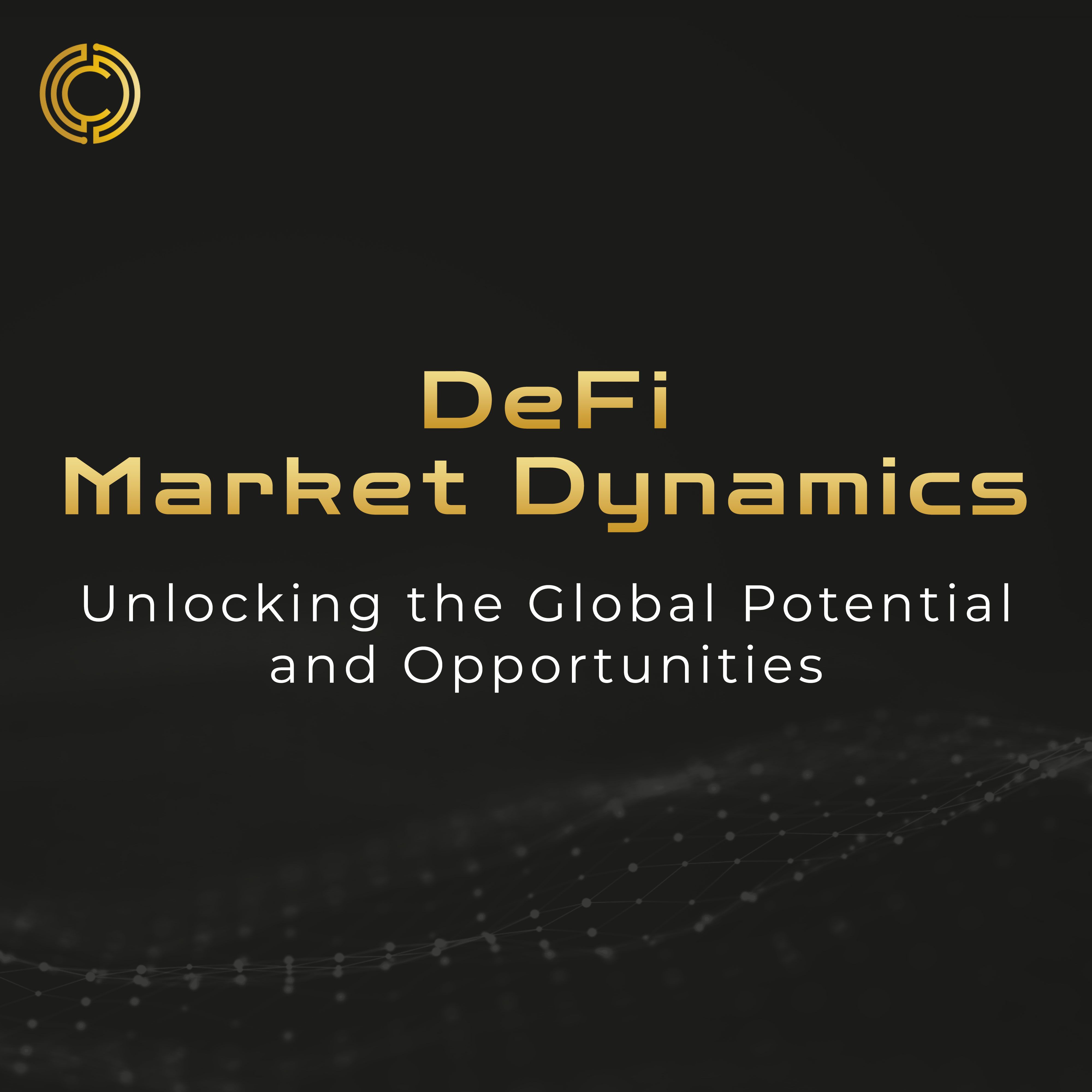

Decentralized Finance, or DeFi, has emerged as a revolutionary force in the financial landscape, challenging traditional norms and presenting new opportunities. However, amidst its transformative potential, the ambiguity in defining DeFi and the lack of a clear regulatory framework have become critical points of discussion within the financial community. In this blog post, we explore the various perspectives on what DeFi is, analyze the properties associated with it, and propose a working definition to guide its understanding and regulation.
Defining DeFi: A Multifaceted Paradigm
The literature surrounding DeFi offers diverse views, presenting it as both a paradigm and a financial model. One perspective views DeFi as a paradigm, contrasting it with centralized finance. Centralized finance involves a singular entity managing a ledger, while DeFi decentralizes this process, with multiple parties overseeing the ledger. On the other hand, DeFi is also considered a financial model, exploring various financial services that exist within decentralized systems.
The plethora of definitions provided by different scholars adds to the complexity. Meegan defines DeFi as the transformation of traditional financial products into intermediary-free products using smart contracts on a blockchain. Gudegeon et al. emphasize peer-to-peer financial systems leveraging distributed ledger-based smart contracts. Popescu broadens the scope, defining DeFi as an ecosystem of financial applications developed on top of both blockchain and distributed ledger technology.
Lack of Consensus: A Regulatory Challenge
The absence of a unified definition for DeFi poses challenges for regulatory bodies seeking to establish guidelines. The properties associated with DeFi, such as composability, flexibility, decentralization, accessibility, innovativeness, interoperability, borderlessness, transparency, automation of business processes, and finality, further complicate the regulatory landscape.
A Proposed Definition: DeFi as Public Permissionless Blockchain Services
In light of the myriad perspectives, it becomes crucial to formulate a working definition for DeFi.
DeFi refers to a financial ecosystem comprising services that operate on public permissionless blockchains, facilitating peer-to-peer transactions, advanced financial instruments, and monetary banking services. These services are characterized by open-source code, enabling composability, flexibility, and automation of business processes. DeFi prioritizes decentralization, utilizing distributed ledger technology for transparent and interoperable financial operations. While promoting borderlessness, DeFi necessitates a balance between accessibility and regulatory compliance to ensure financial integrity.
This definition aims to provide a concise yet comprehensive understanding of DeFi, emphasizing key characteristics and addressing the regulatory challenges associated with its decentralized nature. It acknowledges the innovative potential of DeFi while recognizing the need for a regulatory framework to ensure stability, security, and adherence to financial standards. It’s key to assess each of the properties.
Navigating DeFi Properties:
Composability: The ability to build complex financial systems on crypto-assets.
Flexibility: Ease of modification, facilitated by open-source code and a lack of rigid regulation.
Decentralization: Utilizing distributed ledger technology for ledger updates by multiple parties.
Accessibility: Provision of services without geographical limitations, posing challenges and opportunities.
Innovativeness: Encouraging the development of new applications through shared core technologies.
Interoperability: Facilitating functional and technical collaboration between different financial services.
Borderlessness: Offering services accessible globally, raising concerns about regulatory compliance.
Transparency: Publicly visible smart contracts and financial data, potentially mitigating financial crises.
Automation of Business Processes: Smart contracts enabling efficient, autonomous business transactions.
Finality: Assuming irreversible transactions after consensus, facing challenges like rigidity and inflexibility.
As DeFi continues to redefine the financial landscape, a clear and comprehensive definition becomes imperative for regulatory frameworks. The proposed definition emphasizes public permissionless blockchains, acknowledging the evolving nature of DeFi. Striking a balance between innovation and regulatory oversight will be key to harnessing the full potential of DeFi while addressing emerging challenges. The dynamic nature of the DeFi ecosystem calls for ongoing collaboration between industry stakeholders and regulators to adapt and evolve regulatory frameworks for this transformative financial paradigm.
References:
Meegan, X. and Koens, T., 2021. Lessons learned from decentralised finance (DeFi). ING. URL: https://new. ingwb. com/binaries/content/assets/insights/themes/distributed-ledger-technology/defi_white_paper_v2. 0. pdf.







